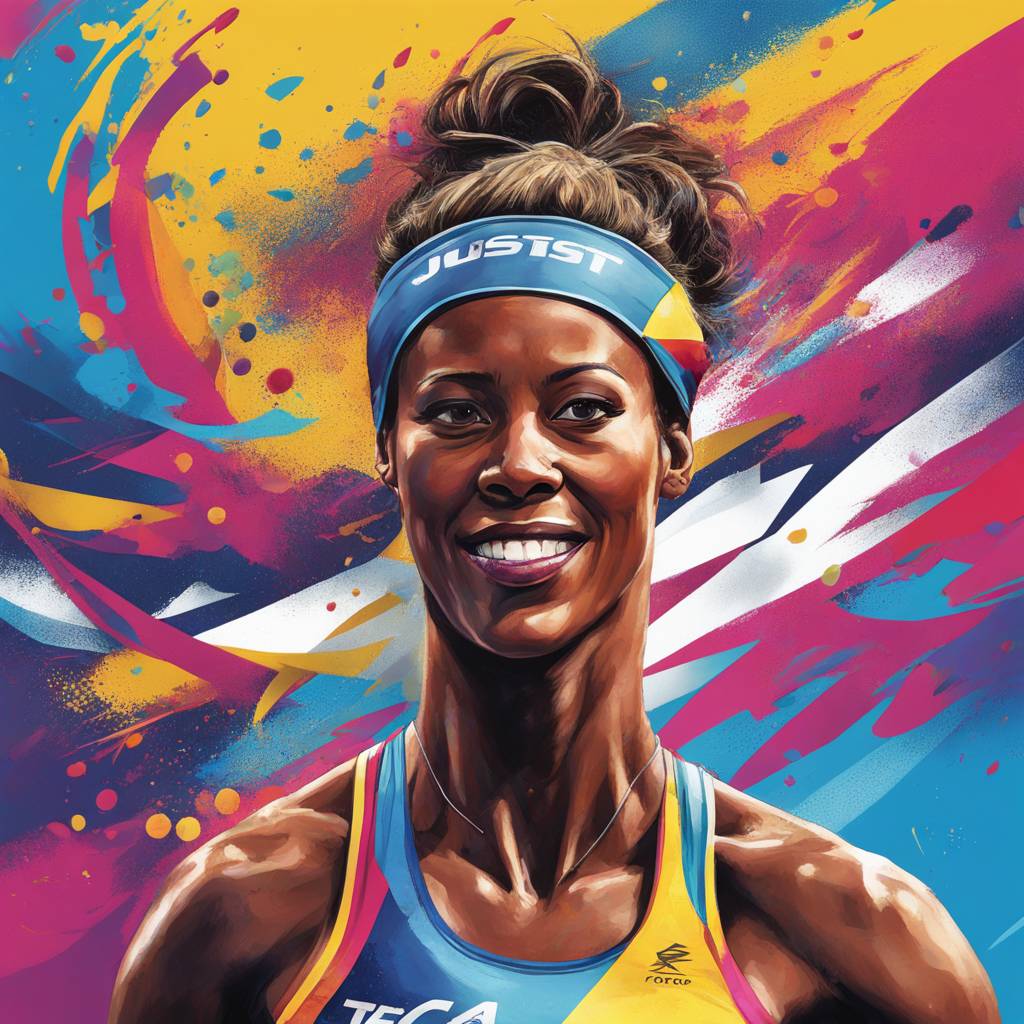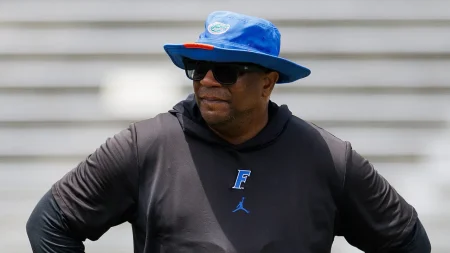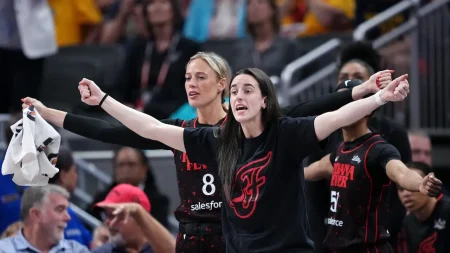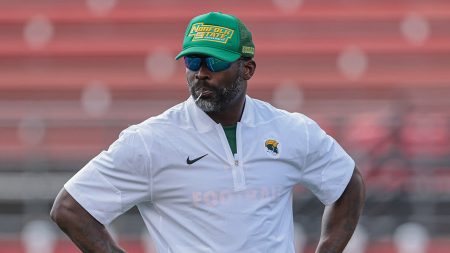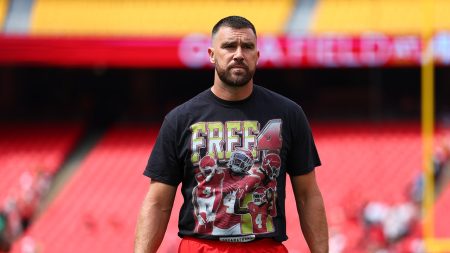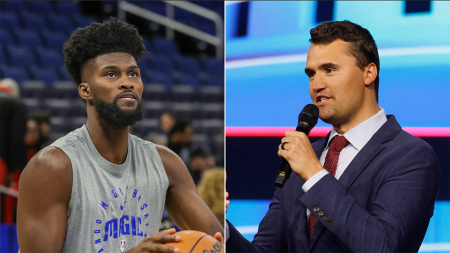Former Olympic swimmer Sharron Davies, who won a silver medal for Britain in 1980, joined others in criticizing the unfairness of allowing transgender athletes to compete in women’s sports. The issue arose after a picture of transgender track athlete CeCe Telfer competing in a women’s event circulated on social media. Telfer had previously won an NCAA Division II championship with Franklin Pierce University in 2019. Davies called out the situation as “simply cheating,” and others also criticized the NCAA for allowing Telfer to compete in championships five years ago.
At present, the NCAA employs a sport-by-sport approach to its transgender participation rules, drawing guidance from the sport’s national governing body. USA Track and Field, for example, bases its policy on the International Olympic Committee’s stance that eligibility should be determined by “robust and peer-reviewed research.” The IOC emphasized the importance of creating a safe and inclusive environment for all athletes, regardless of gender identity or sex variations. World Athletics, on the other hand, decided last March to prohibit transgender women from competing against biological females, prioritizing fairness and the integrity of female competition.
Despite these controversies and restrictions, CeCe Telfer expressed hope last year in competing for a spot on Team USA. Discussions surrounding transgender athletes in sports have sparked debates around the world, with differing perspectives on fairness and inclusivity. Critics, like Sharron Davies, argue that allowing transgender athletes to compete in women’s sports creates an uneven playing field and compromises the integrity of competitions. The IOC and other governing bodies continue to navigate these complex issues by considering scientific research and prioritizing fairness while also striving to create a safe and inclusive environment for all athletes.
As the debate around transgender athletes in sports continues, it raises questions about the balance between fairness, inclusion, and competition integrity. While some advocate for more stringent regulations to ensure a level playing field, others emphasize the importance of accommodating diverse gender identities and promoting inclusivity in sports. The differing approaches taken by organizations like the NCAA, USA Track and Field, and World Athletics reflect the complexity of the issue and the ongoing efforts to address it. Athletes like CeCe Telfer remain at the center of these discussions as they navigate their own aspirations and challenges within the realm of competitive sports.
Overall, the controversy surrounding transgender athletes in women’s sports underscores the need for continued dialogue, research, and policy development to address these complex and sensitive issues. Balancing the principles of fairness, inclusivity, and competition integrity remains a challenge, requiring thoughtful considerations and collaborative efforts from all stakeholders involved. The experiences of athletes like CeCe Telfer shed light on the complexities and nuances of gender identity in sports, prompting important conversations about how best to support and accommodate all individuals within the athletic community.




